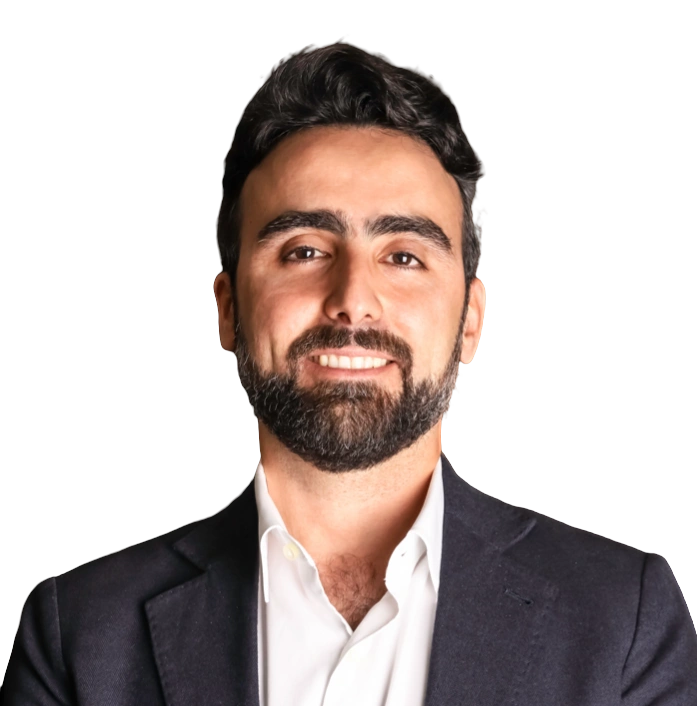
Dr. Guilherme Karam
Dr. Guilherme Karam, Endometriosis Specialist
City: São Paulo, Brazil
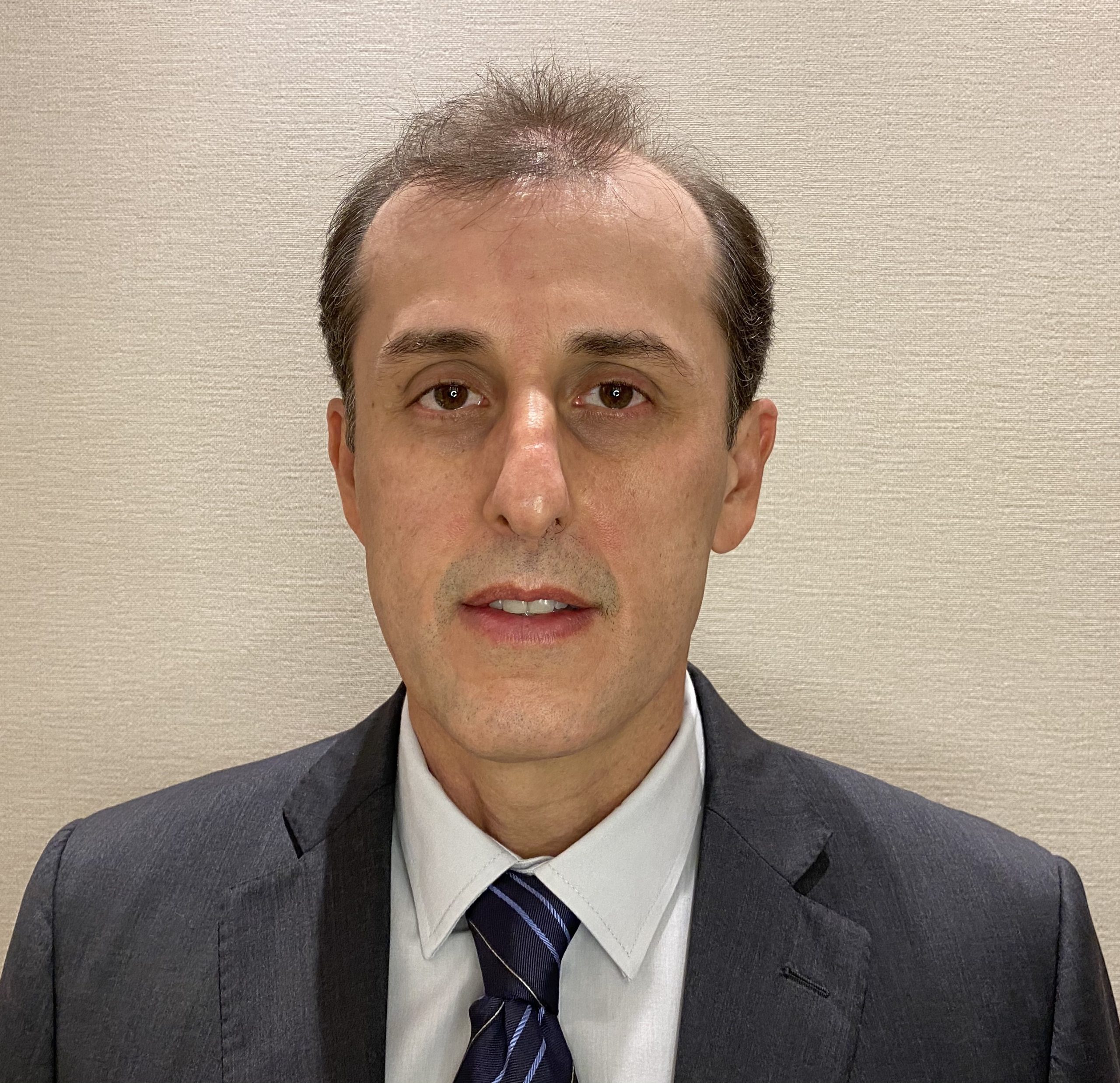
Dr. Fábio Morozetti Ramajo
Dr. Fábio Morozetti Ramajo, Endometriosis Specialist
City: São Paulo, Brazil
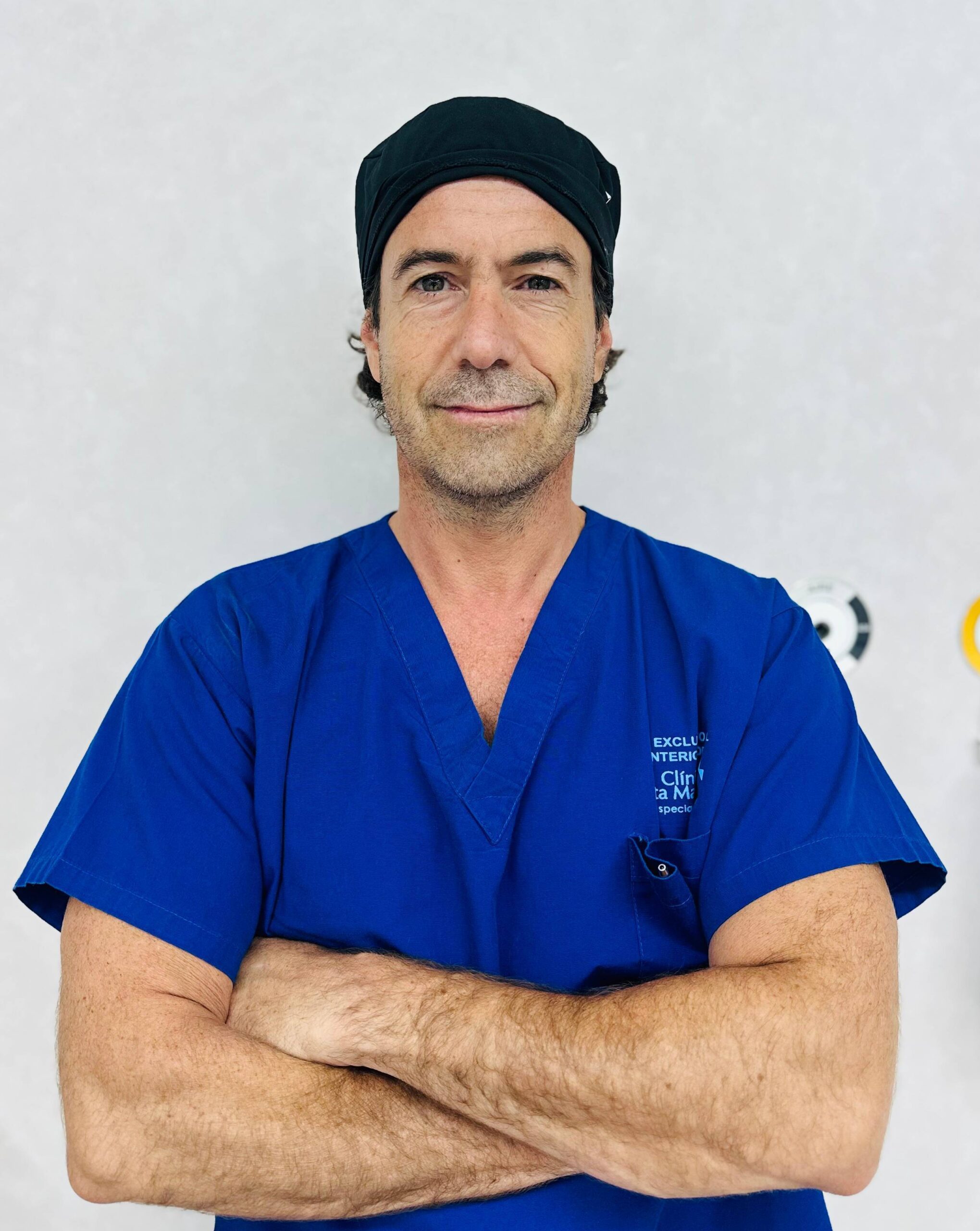
Dr. Demetrio Larrain
Dr. Demetrio Larraín de la Cerda
Endometriosis Specialist
City: Providencia, Santiago, Chile.
Philosophy of Endometriosis Care: Retrograde menstruation
What type of surgery do you perform for endometriosis: Excision
Medication: Dienogest, Mirena, or another OCP. I always indicate them in symptomatic patients. If they do not wish immediate pregnancy, always in the postoperative period.
Approach to Persistent Pain After Surgery: Imaging evaluation, Medical treatment, nutritional treatment, pelvic physiotherapy, and physiological evaluation.
I believe that recovery does not end in the operating room. I stay closely involved with every patient’s care, providing follow-up and support for as long as needed to help them achieve meaningful, lasting improvement.
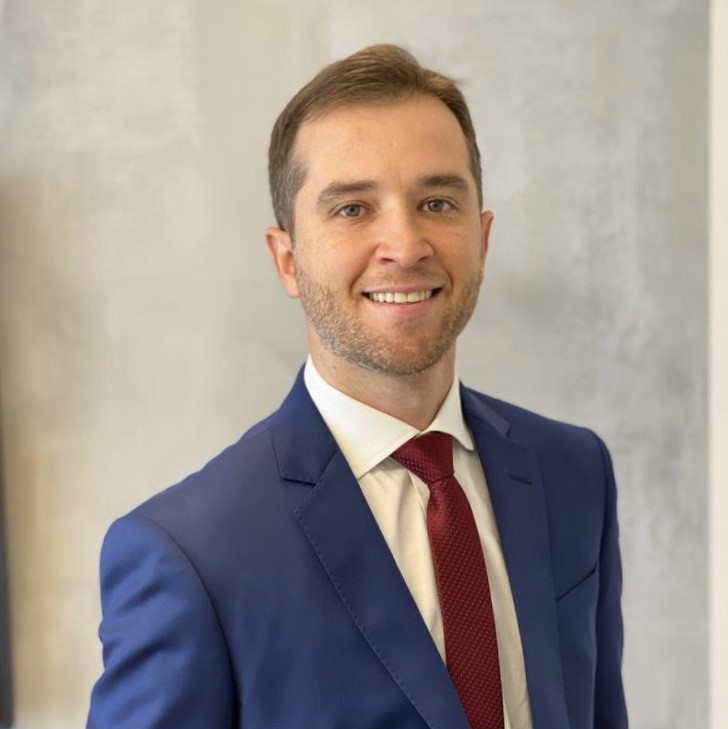
Dr. Filipe Vieira Kwiatkowski
Dr. Filipe Vieira Kwiatkowski
Dr Filipe Vieira Kwiatkowski – Endometriosis Specialist
Summary: Dr Filipe Vieira Kwiatkowski is a dedicated endometriosis specialist based in Pelotas, Rio Grande do Sul, Brazil. Dr Filipe Vieira Kwiatkowski approaches endometriosis care through a thorough understanding of retrograde menstruation and the Mullerian theory, focusing on effective surgical excision to remove endometriosis tissue. He combines advanced surgical techniques with personalized medication plans that include nonsteroidal anti-inflammatory drugs, analgesics, and estrogen blockers to manage symptoms and improve patient outcomes. Dr Filipe Vieira Kwiatkowski also emphasizes a holistic approach to persistent pain after surgery, recommending pelvic physiotherapy paired with an anti-inflammatory diet. In select cases, he may prescribe centrally acting medications such as pregabalin or duloxetine to support recovery and pain relief. Patients under Dr Filipe Vieira Kwiatkowski’s care benefit from compassionate, evidence-based treatment tailored to promote long-term health and quality of life.
City: Pelotas, Rio Grande do Sul, Brazil
Philosophy of Endometriosis Care: Retrograde Menstruation and Mullerian Theory
What type of surgery do you perform for endometriosis: Excision
Medication: Nonsteroidal anti-inflammatory drugs and analgesics in addition to estrogen blockers
Approach to Persistent Pain After Surgery: Pelvic physiotherapy is associated with an anti-inflammatory diet and, in some cases, the use of centrally acting medications, such as pregabalin and duloxetine, for example.
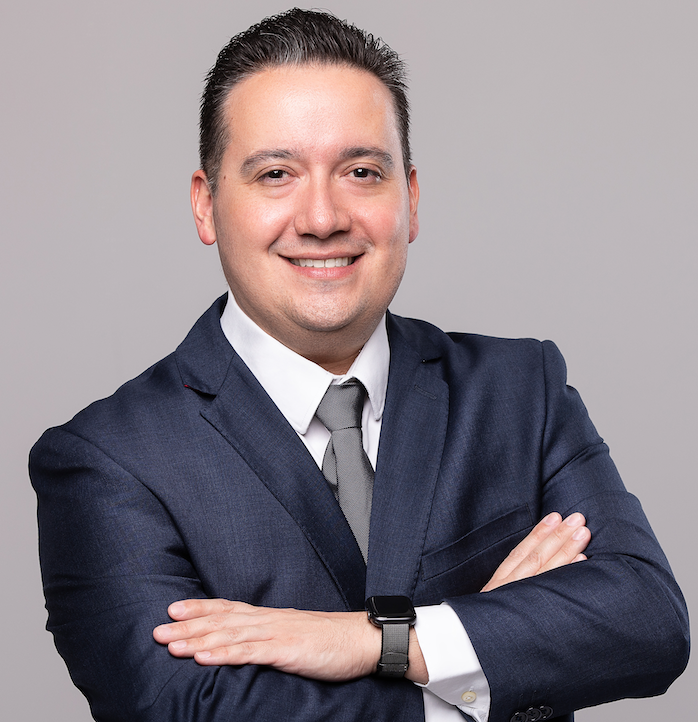
Dr. Igor Chiminacio
Dr. Igor Chiminacio, Endometriosis Specialist
City: Sao Paulo, Brazil
Philosophy of Endometriosis Care: I really believe in the embryological origin of endometriosis, especially the Mullerian remanent theory lá.
What type of surgery do you perform for endometriosis: Excision
Medication: Gnrh post-operative for patients who are also suffering from adenomyosis.
Approach to Persistent Pain After Surgery: Identify and treat adenomyosis concomitant
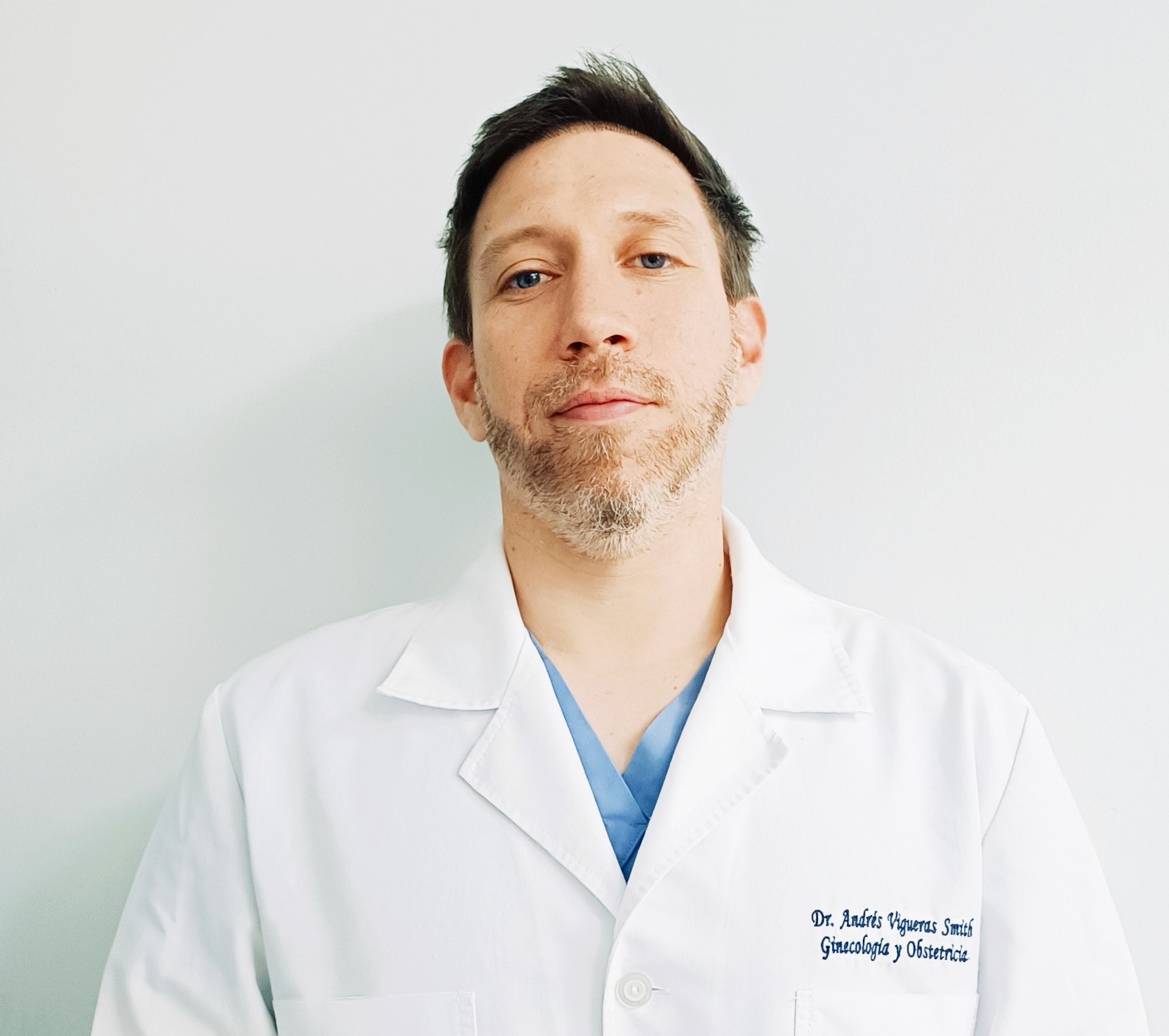
Dr. Andres Viguera Smith
Dr. Andres Viguera Smith, Endometriosis Specialist
City: Talcahuano, Chile
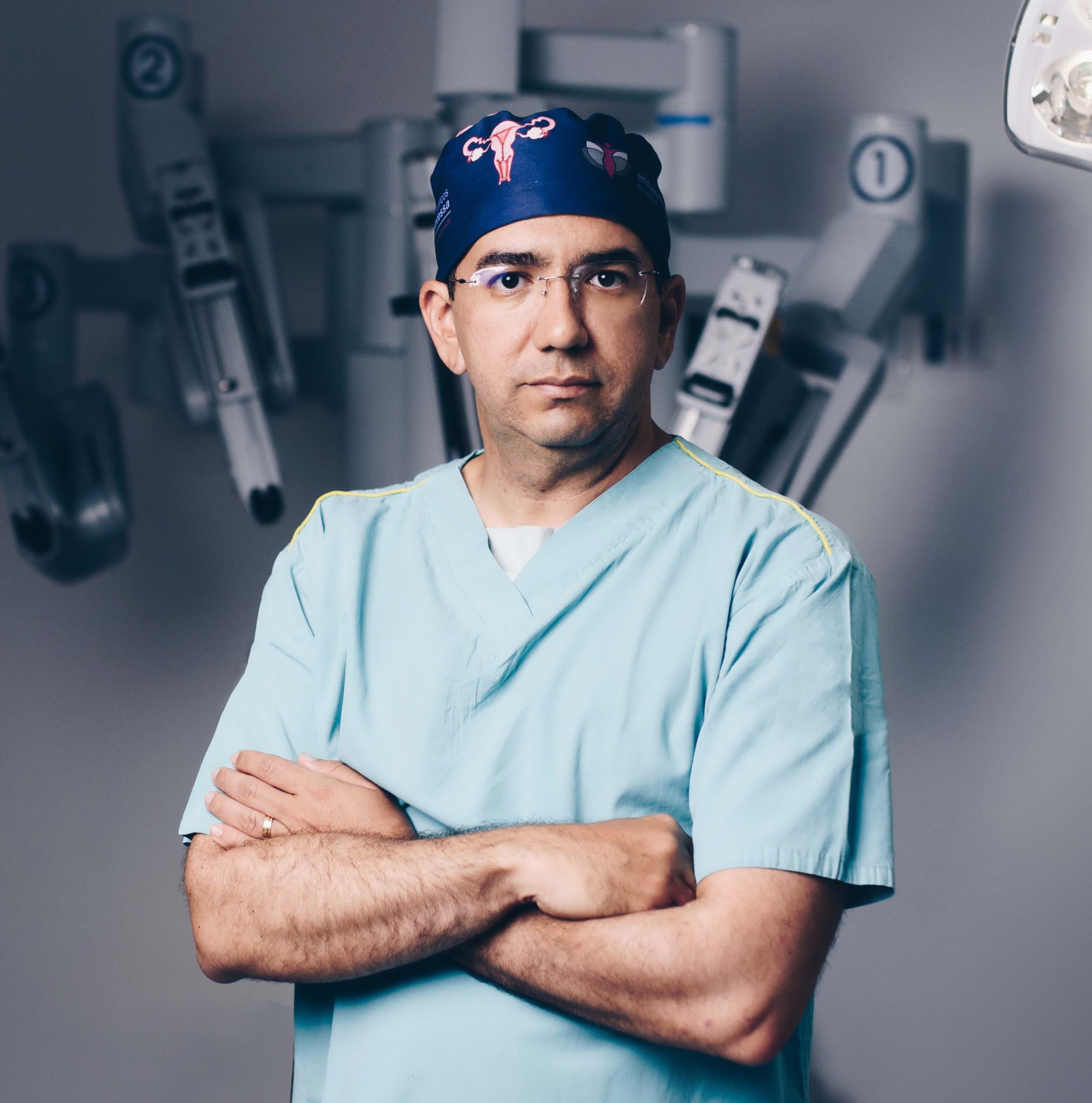
Dr. Marcos Travessa
Dr. Marcos Travessa
Dr Marcos Travessa – Endometriosis Specialist
Summary: Dr Marcos Travessa is a dedicated endometriosis specialist based in Bahia, Brazil, known for his expert use of excision surgery. Dr Marcos Travessa Brazil follows the embryological Mullerian theory by David Redwine to understand and treat endometriosis with a personalized approach. He carefully tailors treatments to each patient’s needs, offering contraceptives in various forms and managing chronic pain with non-steroidal anti-inflammatory drugs and medications like tricyclic antidepressants, pregabalin, and gabapentin. He emphasizes avoiding morphine derivatives and prioritizes patient safety and comfort. For persistent pain after surgery, Dr Marcos Travessa incorporates a holistic approach including nutritional therapy, pelvic physiotherapy, and collaboration with pain specialists. His warm and comprehensive care supports patients in managing symptoms and improving quality of life while preserving fertility whenever possible. Patients seeking a thoughtful, skilled expert will find compassionate care with Dr Marcos Travessa.
City: Bahia, Brazil
Philosophy of Endometriosis Care: David Redwine’s embryological (Mullerian) theory
What type of surgery do you perform for endometriosis: Excision
Medication: Contraceptives in their various routes of administration, non-steroidal anti-inflammatory drugs, medication for the treatment of chronic pain (tricyclic antidepressants; pregabalin; gabapentin), analgesics avoiding morphine derivatives. Contraceptives in patients without contraindications and without the desire to become pregnant. Analgesics and NSAIDs in patients with pain refractory to the use of contraceptives and medications for chronic pain in patients with endometriosis with some degree of chronic pain.
Approach to Persistent Pain After Surgery: Nutritional therapy, pelvic physiotherapy, pain specialists, contraceptives, and analgesics, among other options.
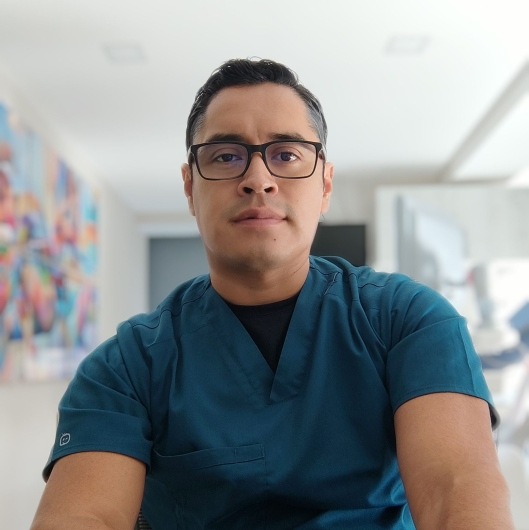
Dr. Carlos Alberto Serrano Flores
Dr. Carlos Alberto Serrano Flores
Dr Carlos Alberto Serrano – Gynecology & Minimal Invasive Surgery, Endometriosis Specialist.
Summary: Dr Carlos Alberto Serrano is a dedicated endometriosis specialist based in Puebla, Mexico, known for his expert care in gynecology and minimally invasive surgery. Dr Carlos Alberto Serrano approaches endometriosis through a comprehensive understanding of Müllerianosis, epigenetic, genetic, and immunological theories to tailor treatments that address each patient’s unique condition. He specializes in surgical excision of endometriosis lesions and offers personalized medical management for those who may not require surgery or wish to preserve fertility. His treatment plans include hormonal therapies, analgesics, and supportive care like acupuncture and psychological therapy. Dr Carlos Alberto Serrano emphasizes a holistic approach, recognizing that persistent pain often involves multiple factors. His multidisciplinary team focuses on managing chronic pelvic pain through pelvic floor rehabilitation, pain specialists, and mental health support. Patients benefit from compassionate, patient-centered care designed to improve quality of life while addressing complex endometriosis symptoms.
City: Puebla, Mexico
Philosophy of Endometriosis Care: Müllerianosis, Epigenetic, Genetic, and Immunological Theories.
What type of surgery do you perform for endometriosis: Excision
Medication: For patients who do not require surgery, who do not desire fertility, or who do not desire surgery: Oral contraceptives, progestins, Levonorgestrel IUD (especially for those with associated adenomyosis), Analgesics, multivitamins, smooth muscle relaxants, etc. Patients who require surgery in the pre-and postoperative period and without desire for short-term fertility, 6 months to 2 years, preferably progestins. Amitriptyline, Gabapentin in patients with chronic pelvic pain and central sensitization. For all patients, multivitamins, natural anti-inflammatories, acupuncture, psychological and psychiatric therapy.
Approach to Persistent Pain After Surgery: Most patients who require surgery have other added pain syndromes; therefore, surgery is only a complement to the resolution of pain. Patients must be evaluated with a chronic pelvic pain approach, taking into account each aspect that can trigger this problem. They must be evaluated by pain specialists, we always treat central sensitization, and myofascial compromise with pelvic floor rehabilitation, we treat psychologically and psychiatrically, we improve the metabolic environment with nutrition; and we address pain from a holistic approach. We have a large multidisciplinary group focused on patients with endometriosis.

Dr. Sadikah Behbehani
Dr. Sadikah Behbehani,
Sadikah Behbehani – Endometriosis Specialist
Summary: Dr Sadikah Behbehani is a dedicated endometriosis specialist based in Costa Mesa, California, known for her compassionate and expert care. Dr Sadikah Behbehani focuses on thorough endometriosis excision surgery to remove the disease at its roots while prioritizing fertility preservation. Dr Behbehani carefully removes endometriosis from critical areas such as the fallopian tubes, ovaries, bowel, bladder, and diaphragm, aiming to minimize damage and support patients’ reproductive health. She emphasizes understanding the embryologic origins of endometriosis to provide personalized treatment. After surgery, Dr Sadikah Behbehani recommends medication only when necessary, such as muscle relaxants or nerve pain treatments, avoiding narcotics entirely. For persistent pain, Dr Behbehani adopts a multidisciplinary approach, coordinating with specialists in pain management, physical therapy, and gastroenterology, while closely monitoring each patient’s recovery with ongoing care every few months. Her patient-centered philosophy ensures compassionate, tailored support for lasting relief.
City: Costa Mesa, California
Philosophy of Endometriosis Care: It doesn’t matter where it came from; what matters is that it’s removed. Endometriosis, like cancer, can spread via multiple channels. Also, pleuripotent stem cells in the pleura and peritoneum can lead to its development. Most endometriosis patients are born with these cells that differentiate into endometriosis with hormone stimulation. It’s nothing that women did that led to their development. We have to understand embryologic origin to understand endometriosis growth because endometriosis can be associated with congenital anomalies in the genitourinary and reproductive organs.
What type of surgery do you perform for endometriosis: I perform endometriosis excision surgery to remove the endo from its roots, but I also focus on preserving fertility. I remove endometriosis from around the fallopian tubes and ovaries routinely. My surgical strategies focus on minimizing damage to the ovaries to help preserve ovarian reserve and help with future fertility. I also perform tubal surgery when necessary. It’s important to appropriately excise the disease while minimizing damage to reproductive organs. I also excise endometriosis from the bowel, bladder, and diaphragm and perform an appendectomy when necessary.
Medication: I only recommend medication after surgery after we’ve ensured that all endometriosis has been appropriately excised. For bladder or muscular spasms, I prescribe cyclobenzaprine. For nerve pain, I prescribe gabapentin. I have a good referral team and, when necessary, will refer to pain management to take care of residual pain from endometriosis nerve, and muscle damage. I never prescribe narcotics, and I don’t send my patients to anyone who will.
Approach to Persistent Pain After Surgery: I work with them until their pain reaches a tolerable level. I refer them to specialists as needed (pain management, GI, PT), but I continue to oversee their treatment plan with visits q3-6 months.
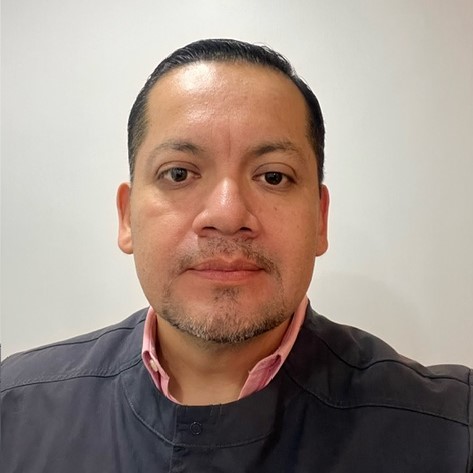
Dr. Cuauhtemoc Cano Aguilar
Dr. Cuauhtemoc Cano Aguilar
Dr Cuauhtemoc Cano Aguilar – Gynecology and Endometriosis Specialist
Summary: Dr Cuauhtemoc Cano Aguilar is a leading endometriosis specialist based in Puebla, Mexico, known for his compassionate care and surgical expertise. With a patient-centered approach, Dr Cuauhtemoc Cano Aguilar focuses on the Mullerianosis theory of endometriosis, tailoring treatment to each individual’s unique condition. He specializes in excision surgery and offers a range of medical therapies, including hormonal contraceptives, dienogest, and the levonorgestrel intrauterine device, to manage pain and symptoms. When patients experience persistent pain after surgery, Dr Cuauhtemoc Cano Aguilar carefully reevaluates each case through imaging, medication adjustments, and collaboration with pelvic pain specialists to ensure the best outcomes. His thoughtful, multidisciplinary care helps patients better understand their condition and find relief. Patients seeking expert endometriosis care in Puebla can trust Dr Cuauhtemoc Cano Aguilar’s experience, dedication, and commitment to improving quality of life.
City: Puebla, Mexico
Philosophy of Endometriosis Care: Mullerianosis
What type of surgery do you perform for endometriosis?: Excision
Medication: Hormonal Anticonceptives, Dienogest, Levonorgestrel Intrauterine Device, Analgesics.
Approach to Persistent Pain After Surgery: Medications like dienogest, painkillers, evaluation with a pelviologic specialist, and repeat imaging assessment.
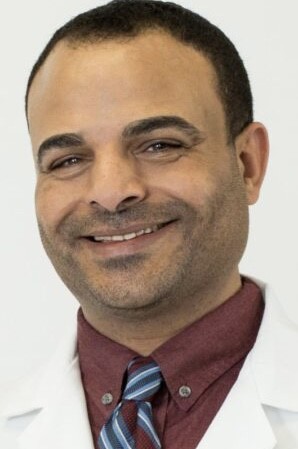
Dr. Fadel Azer
Dr. Fadel Azer
Dr Fadel Azer – Endometriosis Specialist
Summary: Dr Fadel Azer is a dedicated endometriosis specialist based in Lisle, IL, who offers compassionate, personalized care tailored to each patient’s unique needs. Dr Fadel understands the complex and multifactorial nature of endometriosis, including genetic, hormonal, immune, and environmental factors. As doctor Azer explains, deep endometriosis requires a thoughtful approach beyond conventional theories. Dr Fadel specializes in excision surgery combined with customized hormonal treatments such as Mirena IUD, oral contraceptives, and Depo-Provera to effectively manage symptoms and improve quality of life.
Dr Azer carefully evaluates persistent pain after surgery through a multidisciplinary team approach, working with pelvic pain specialists, physical therapists, and behavioral therapists. His commitment to thorough preoperative assessment and personalized postoperative care supports long-term relief and patient well-being. Patients looking for expert care in Lisle can trust Dr Fadel Azer for comprehensive, empathetic treatment of endometriosis.
City: Lisle, IL, USA
Philosophy of Endometriosis Care: I believe that the etiology of endometriosis is complex and multifactorial involving genetic, hormonal, immune, and environmental components. For most patients, I find a positive family history of the disease or one of its symptoms. While retrograde menstruation may initiate superficial endometriosis, deep endometriosis appears to have different mechanisms. Unlike superficial lesions, deep nodular lesions are not typically shed during menstruation, suggesting alternative theories such as coelomic metaplasia, induction of cellular transformation, and the embryonic remnant theory may better explain their origin. Genetic, hormonal, and environmental influences also contribute to the progression of both superficial and deep
What type of surgery do you perform for endometriosis?: Excision
Medication: Given the unique circumstances of each patient, I customize my treatment strategy accordingly. I offer a range of hormonal contraceptive options, including the Mirena IUD, oral contraceptive pills (OCPs), and Depo-Provera. Medications are provided before, during (such as inserting a Mirena or Kyleena IUD post-excision surgery while the patient is still under anesthesia, particularly for younger patients or those aiming for fertility), and after surgery. While I typically refrain from routinely suggesting GnRH agonists or antagonists, I may contemplate their use in certain instances, particularly for addressing persistent postoperative pain.
Approach to Persistent Pain After Surgery: Preparation for managing postoperative persistent pain begins during preoperative consultations. I conduct thorough assessments, including detailed medical histories and comprehensive physical exams, along with pelvic pain evaluations to explore potential conditions like spastic pelvic floor syndrome, interstitial cystitis, and irritable bowel syndrome. When central sensitization is suspected, I collaborate with a team comprising pelvic floor physical therapists, pelvic pain specialists, sex therapists, and behavioral therapists. I prescribe muscle relaxants to address pelvic floor spasms and provide treatment for interstitial cystitis or IBS through medications and lifestyle adjustments. In cases of suspected central sensitization, SSRIs may be prescribed. Additionally, I may consider GnRH agonists or antagonists for persistent postoperative pain management in specific scenarios.
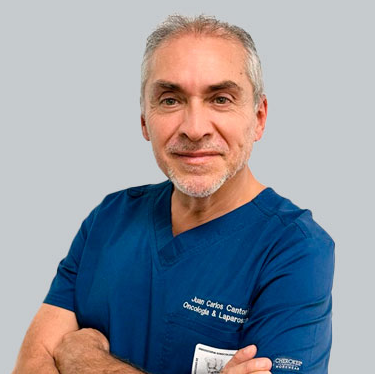
Dr. Juan Carlos Canton Romero, PhD MD
Dr. Juan Carlos Canton Romero, PhD, MD
Dr Juan Carlos Canton Romero – Laparoscopic Surgeon, Endometriosis Specialist
Summary: Dr Juan Carlos Canton Romero is a leading endometriosis specialist and laparoscopic surgeon based in Guadalajara, Mexico. Known for his personalized, compassionate care, he uses a patient-centered approach grounded in the Mullerianosis theory. With expertise in minimally invasive procedures, Dr Juan Carlos performs excision surgeries tailored to each patient’s age, fertility goals, and disease stage. He also manages symptoms with medications like dienogest, GnRH inhibitors, and oral contraceptives. For persistent pain after surgery, Dr Juan Carlos recommends a holistic plan that may include physiotherapy, yoga, and ongoing hormonal support. Patients value his commitment to preserving fertility when possible and his thoughtful, evidence-based care. With Dr Juan Carlos, individuals experiencing endometriosis can expect clear communication, tailored treatment, and support throughout their healing journey. Whether seeking surgical expertise or long-term symptom relief, Dr Juan Carlos provides the experience and empathy patients need to feel heard and supported.
City: Guadalajara, Jalisco, Mexico
Philosophy of Endometriosis Care: Mullerianosis
What type of surgery do you perform for endometriosis?:
Ovarian ablation in young patients to preserve hormonal function and uterine in those who wish to preserve fertility; ovarian resection in postmenopausal patients. Uterine resection is for those who do not wish to preserve fertility. In patients with early-stage cancer with a good prognosis of the ovary and cervix and a desire to preserve fertility, conservative surgery was performed.
Medication: Oral analgesics, antispasmodics, prostaglandin inhibitors AINES, continuous oral contraceptives with Dienogest (Qlaira), continuous dienogest, GnRH inhibitors for 3–6 months, and Levonorgestrel IUD.
Approach to Persistent Pain After Surgery: Physiotherapy, rehabilitation, exercise like yoga, continuous contraceptives, and/or dienogest.

